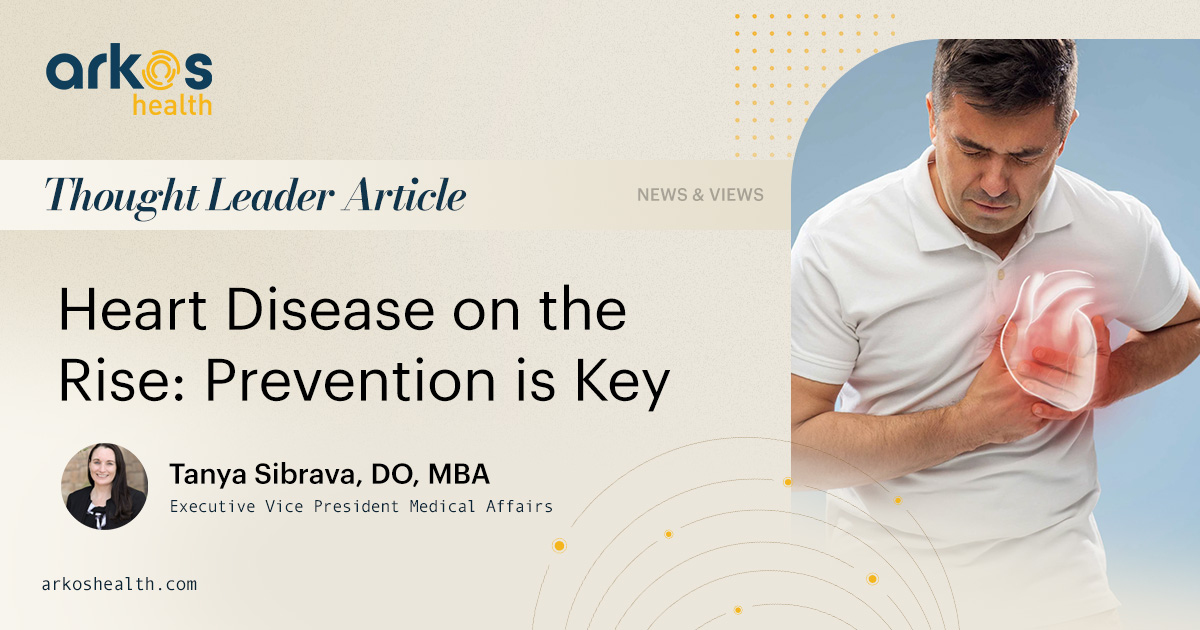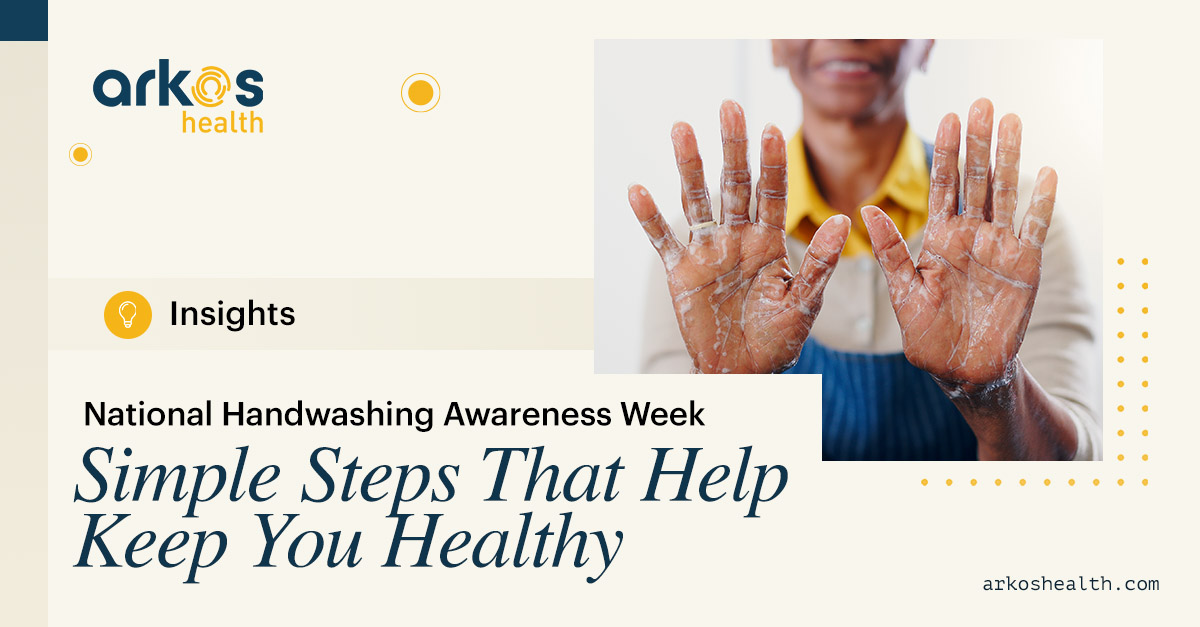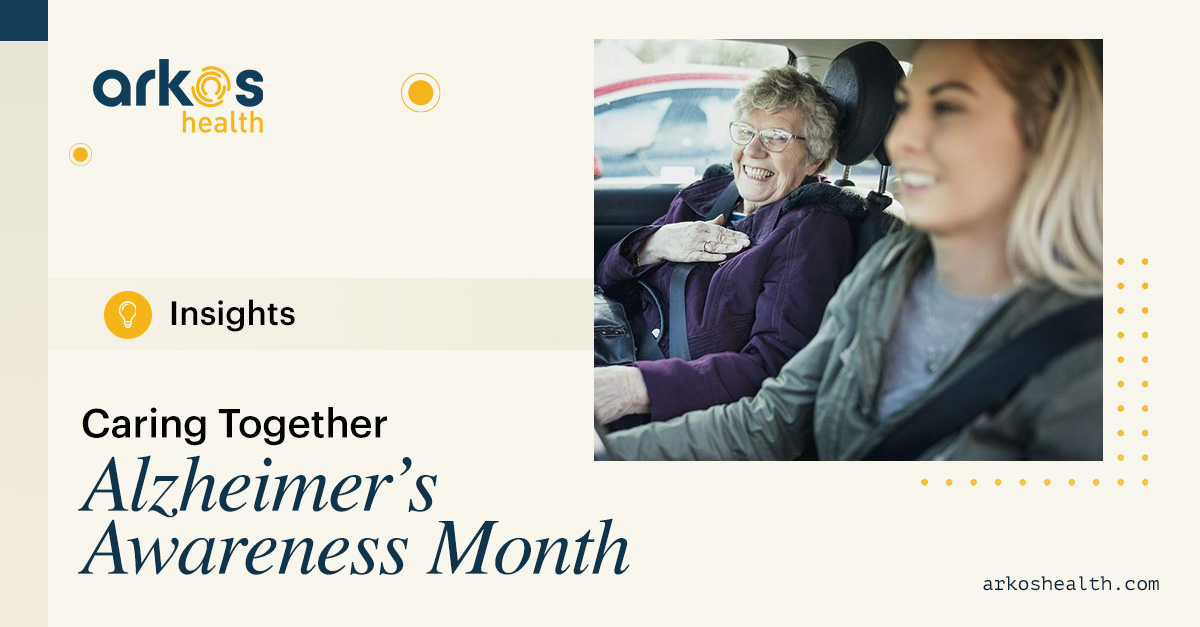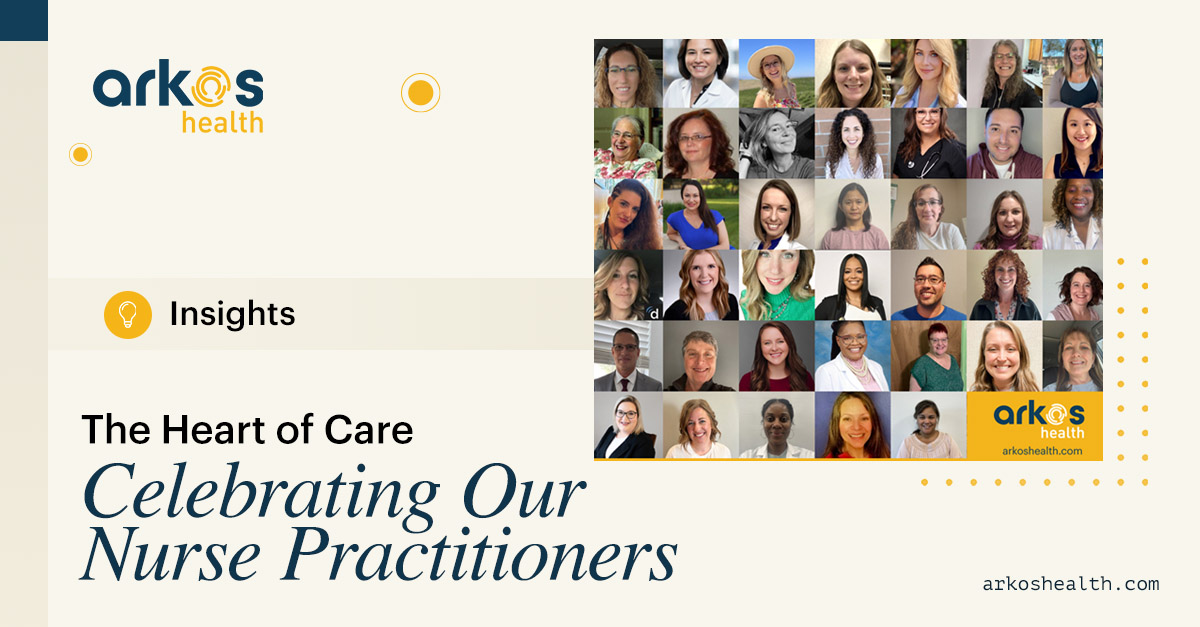
Heart disease is the number one killer for women in the US, and according to Dr. Tanya Sibrava, one of our top executives at Arkos Health, and a leader in the movement to educate and inspire women and men to understand the risks and make changes in their lifestyle so they can live longer, healthier lives.
“The majority of heart-related deaths are preventable,” Dr. Sibrava said, and as an Executive Leadership Team Member at the American Heart Association’s “Go Red for Women” initiative, she actively contributes to addressing the growing crisis. “Awareness is key, especially in communities where people are at higher risk and often lack access to the information and care they need.
A respected innovator and active leader in modern healthcare approaches and systems, Sibrava manages the clinical group within Arkos Health, with hundreds of nurses, nurse practitioners, doctors, specialists, case managers and more who are part of a growing team as the company continues to enter new markets with a Value-Based Care approach proven to improve the quality of care, while reducing the cost.
“Our team is out in the community and in patients’ homes every day of the year,” Sibrava said, “and we are making a tangible difference in people’s lives, and across communities who are often supported by Medicaid and Medicare. We take pride on our personalized approach, which is patient centered, and enriched with data which helps us to treat, track, and continually improve the health of those we serve. Heart health is at the center of our mission, as a healthy heart contributes to overall wellness. While we have amazing medications today, there is no replacement for eating well, exercising, reducing stress, sleeping soundly, and engaging with family and friends.”
Sibrava is also a key member of the executive leadership team of the American Heart Association’s RAPIDO campaign, serving Hispanic communities with programs proven to reduce the impact of strokes through education, training, and advocacy.
“FAST, an acronym promoted by the American Stroke Association has helped people remember the signs of a stroke for decades: Face drooping, Arm weakness, Speech difficulty, Time to call 911,” Sibrava explained.
For primary Spanish speaking people, FAST doesn’t translate well. In 2021, researchers at UT Health Houston released data about a new Spanish-language acronym, RÁPIDO, which stands for “Rostro caído, Alteración del equilibrio, Pérdida de la fuerza en el brazo o una pierna, Impedimento visual repentino, Dificultad para hablar, Obtén ayuda y llama al 911.
“This is another example of how education and community programs can make a huge difference in outcomes,” Sibrava said. “RÁPIDO is a culturally tailored tool that can boost stroke awareness education in Hispanic populations with a high burden of stroke. Given the nature of a stroke, every second counts.”
Arkos Health incorporate education into daily visits, in the markets they serve. This month is American Hearth Month, providing a greater opportunity to share the dangers of heart disease and how to avoid serious health issues by improving lifestyle choices and taking advantage of available quality care.
“Whether we Go Red for Heart Health, host events in the community, and continually bring education and solutions to those we serve, we are fortunate at Arkos Health to be in a position to make a meaningful and lasting difference in people’s lives,” Sibrava said. “There is so much more we can do, including closing the gap in research, supporting STEM careers, and leading innovation in systems that make it possible to deliver compassionate and effective care. When individuals and communities are aware of their risk factors, and when we have the tools to analyze and address the multifaceted needs of patients, we improve health equity for all and can reduce the rate of premature deaths due to heart disease substantially.”
BY Arkos Insights
Published February 10, 2025 4:15AM


